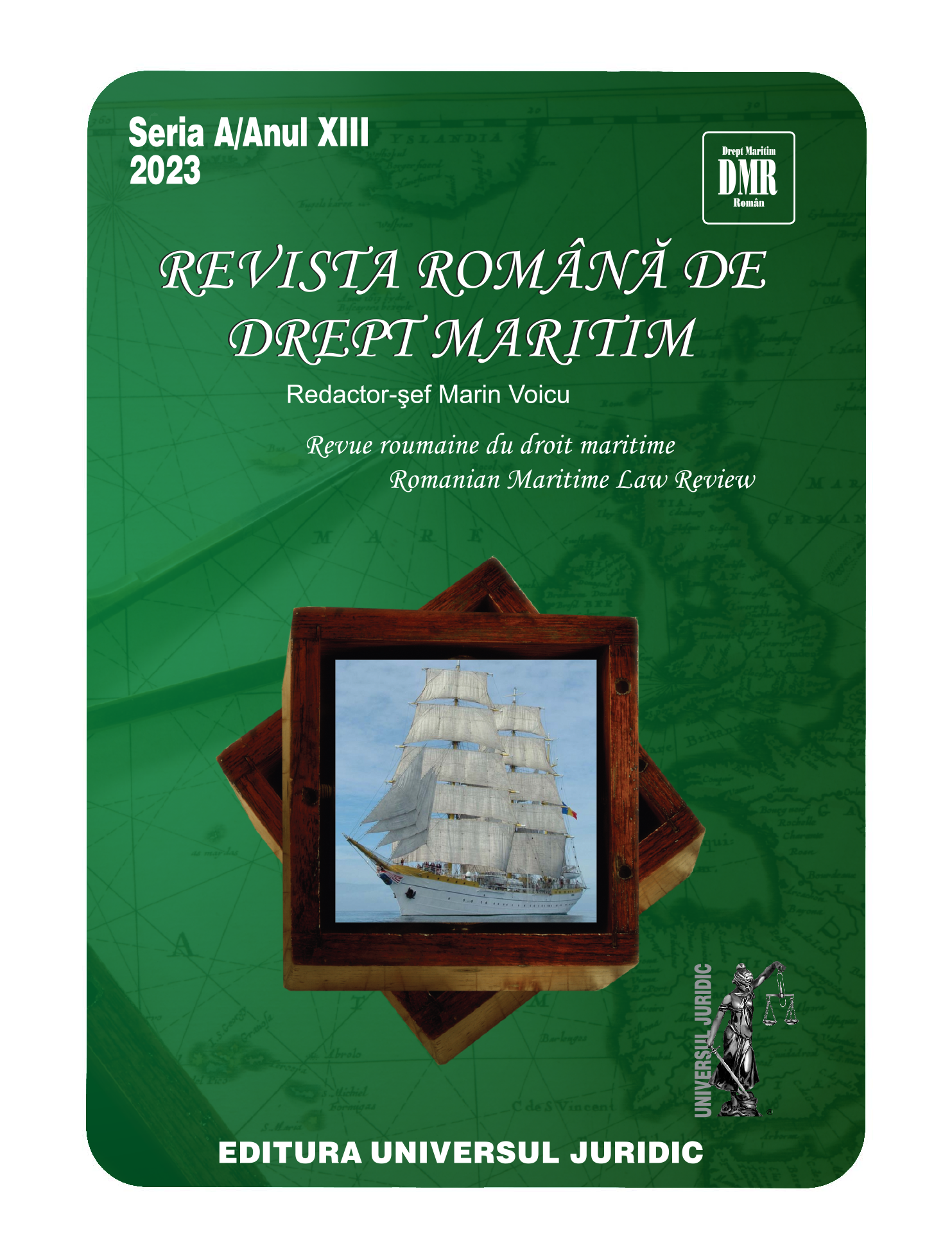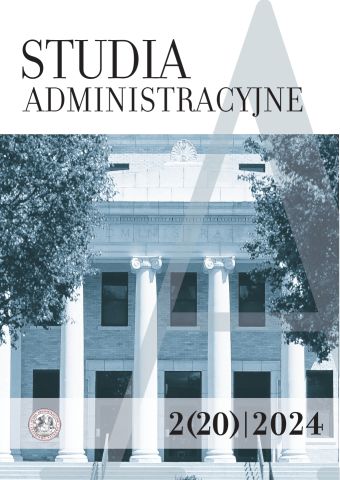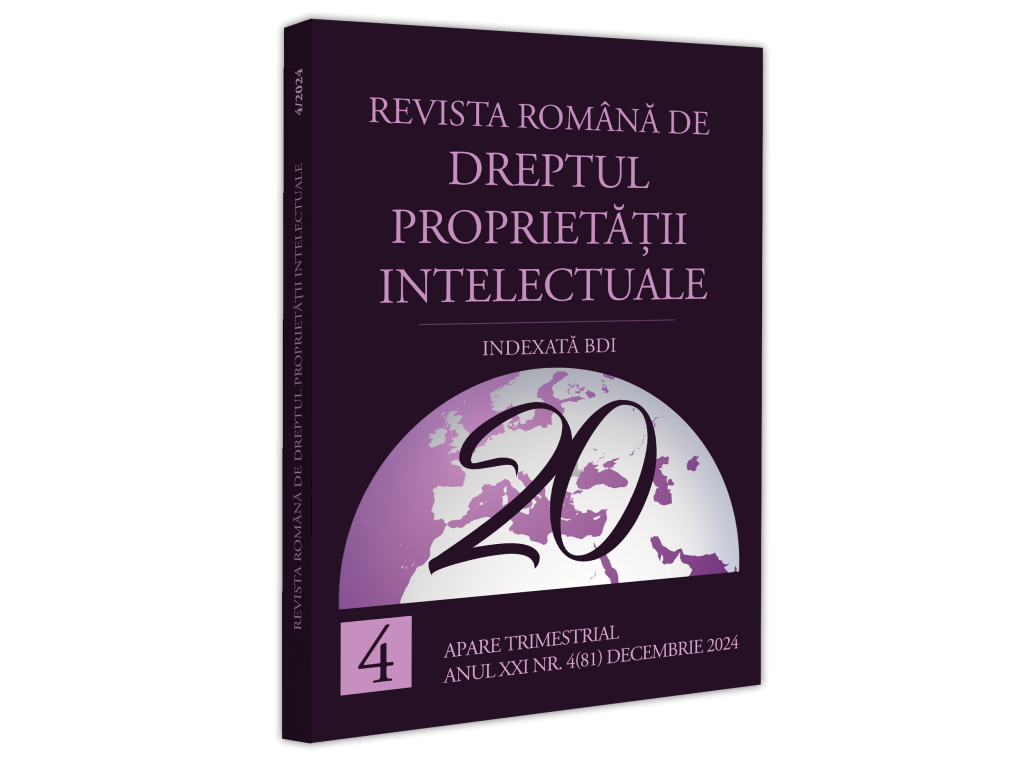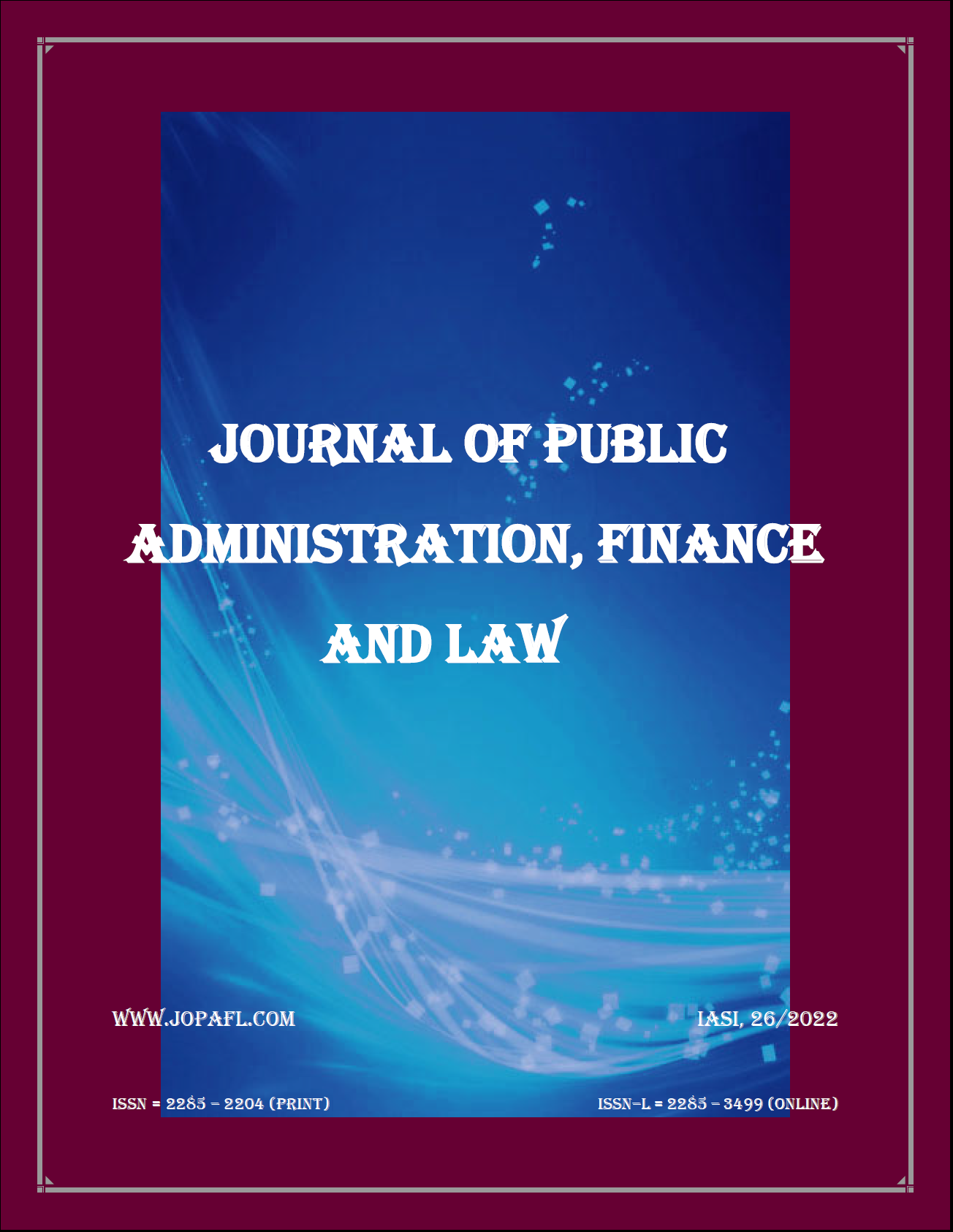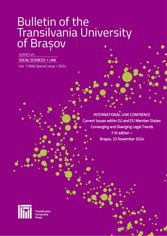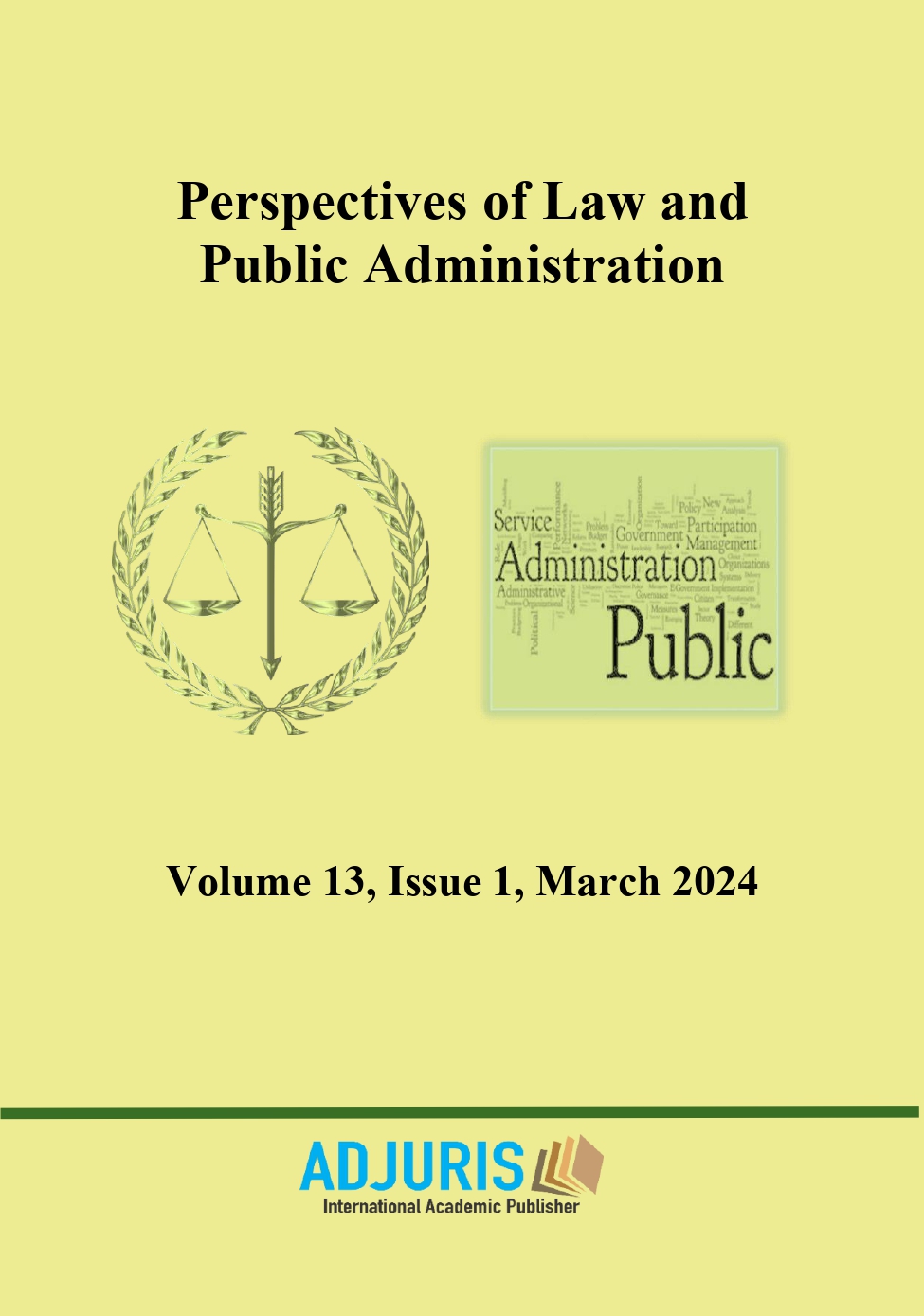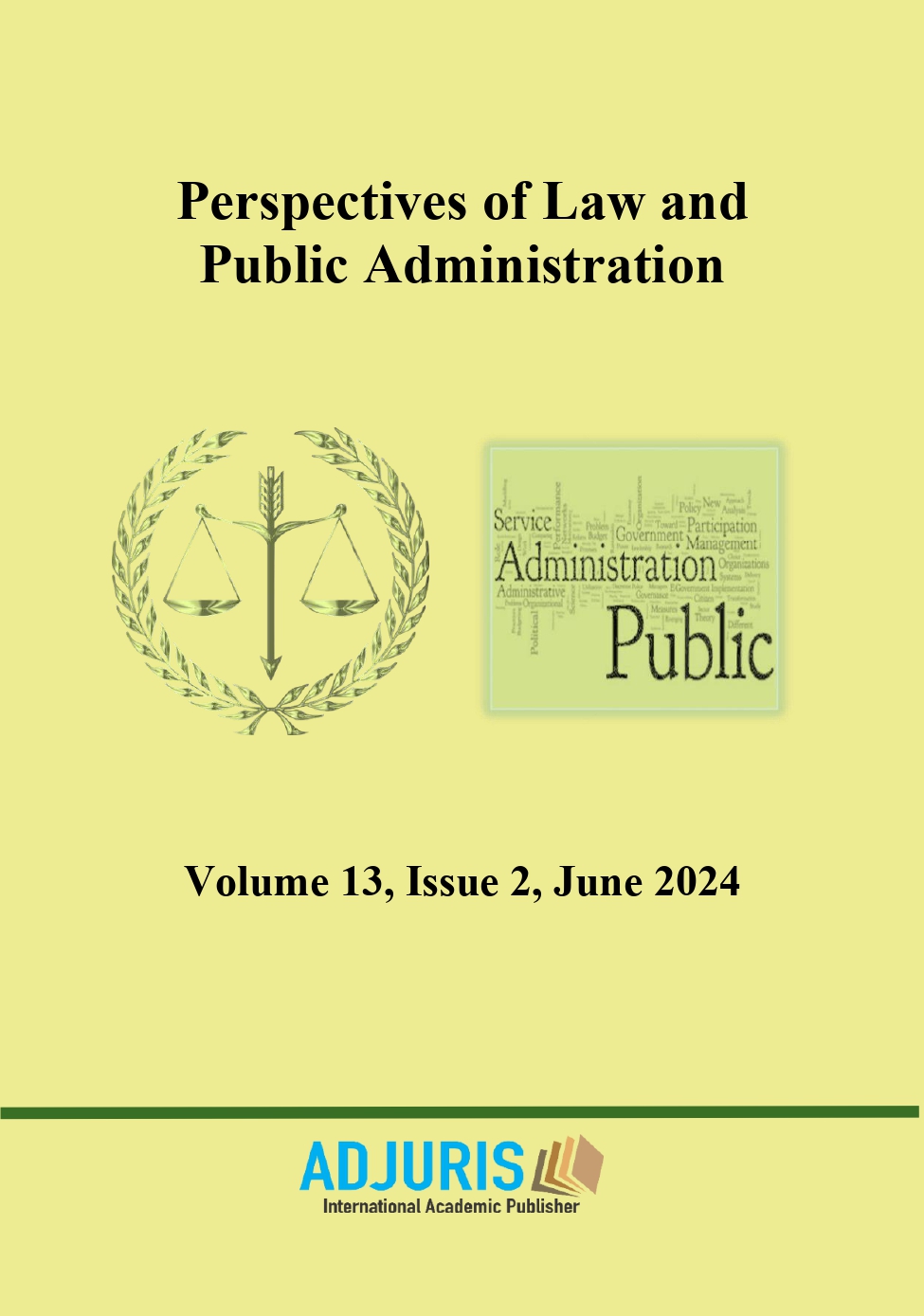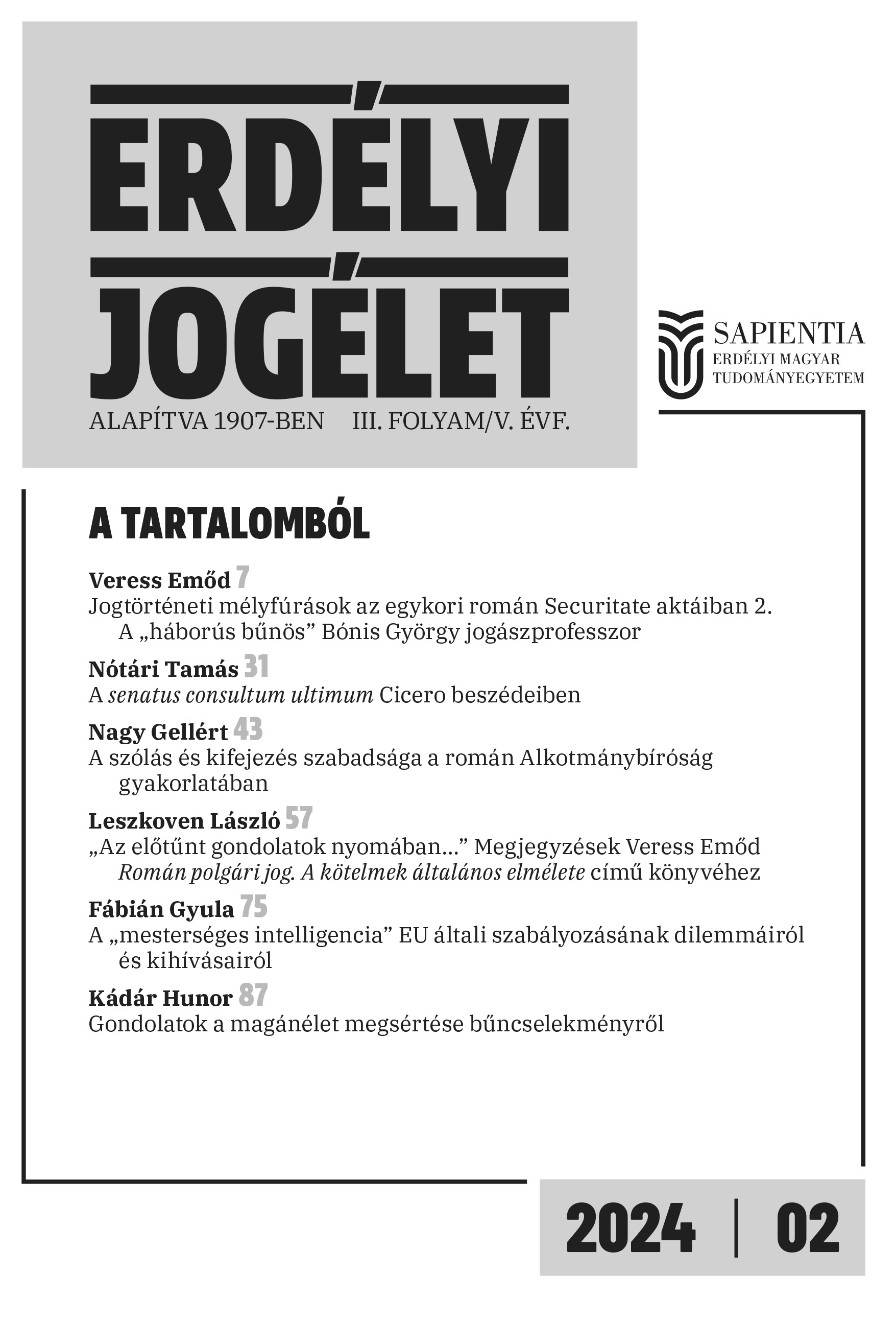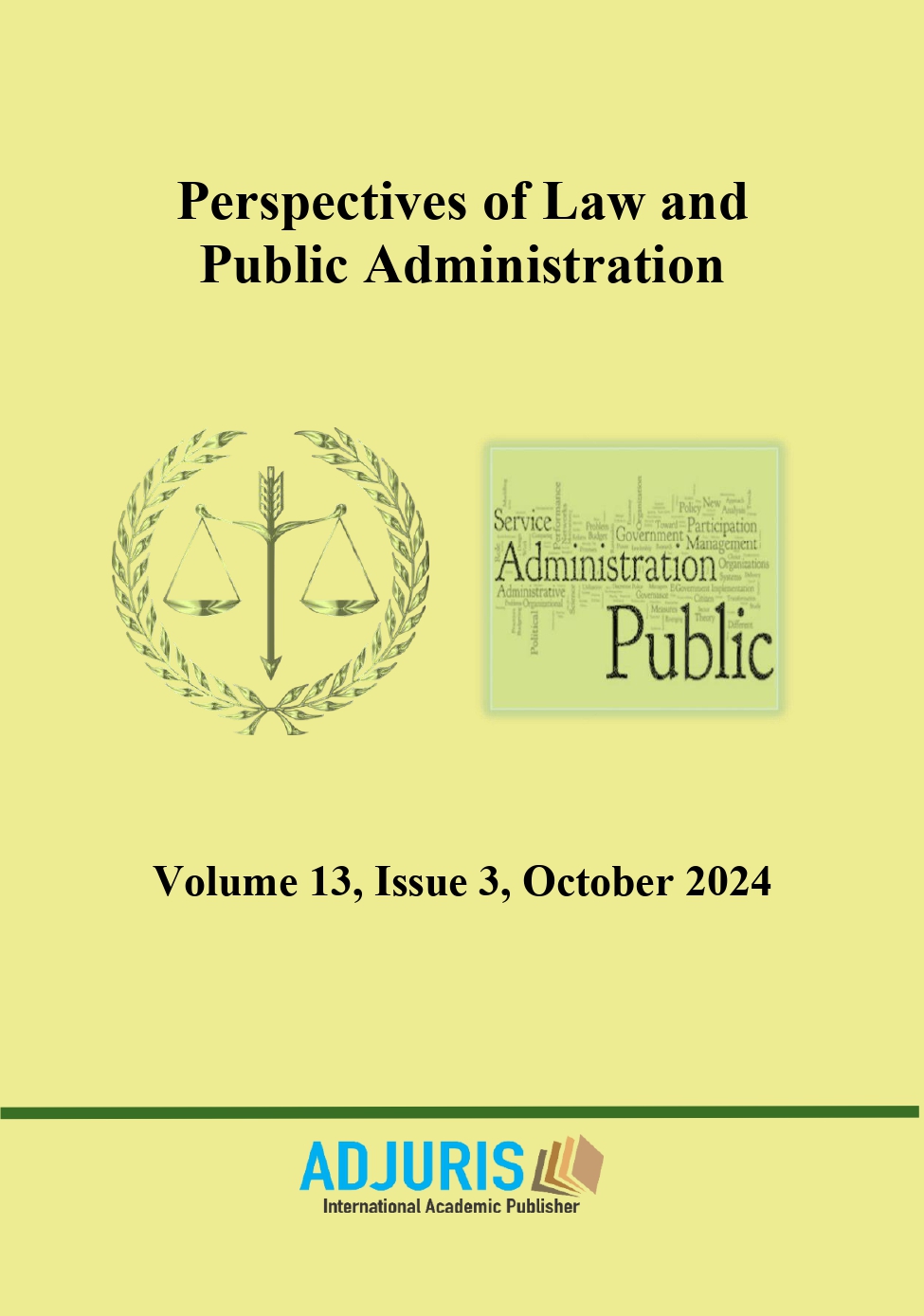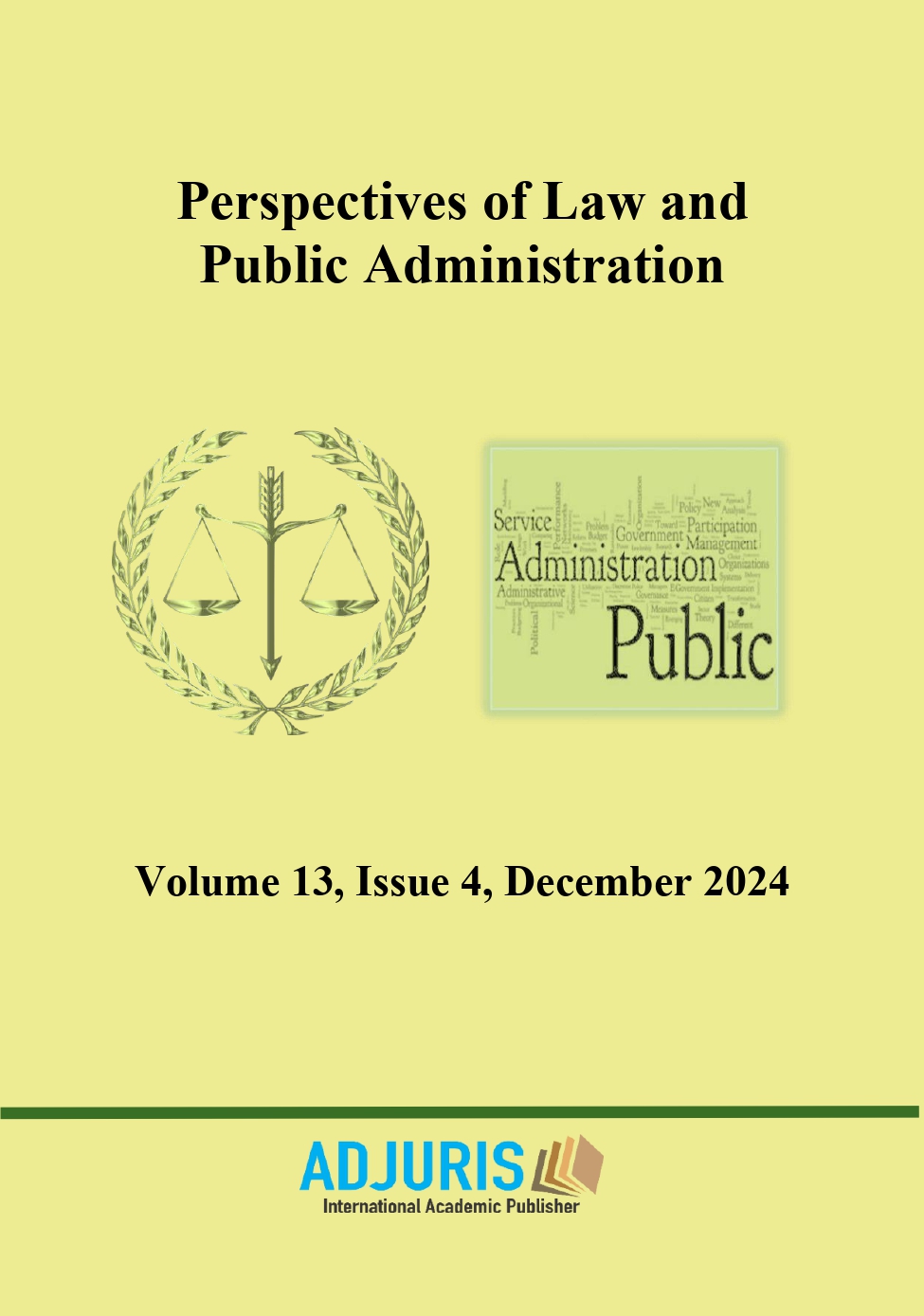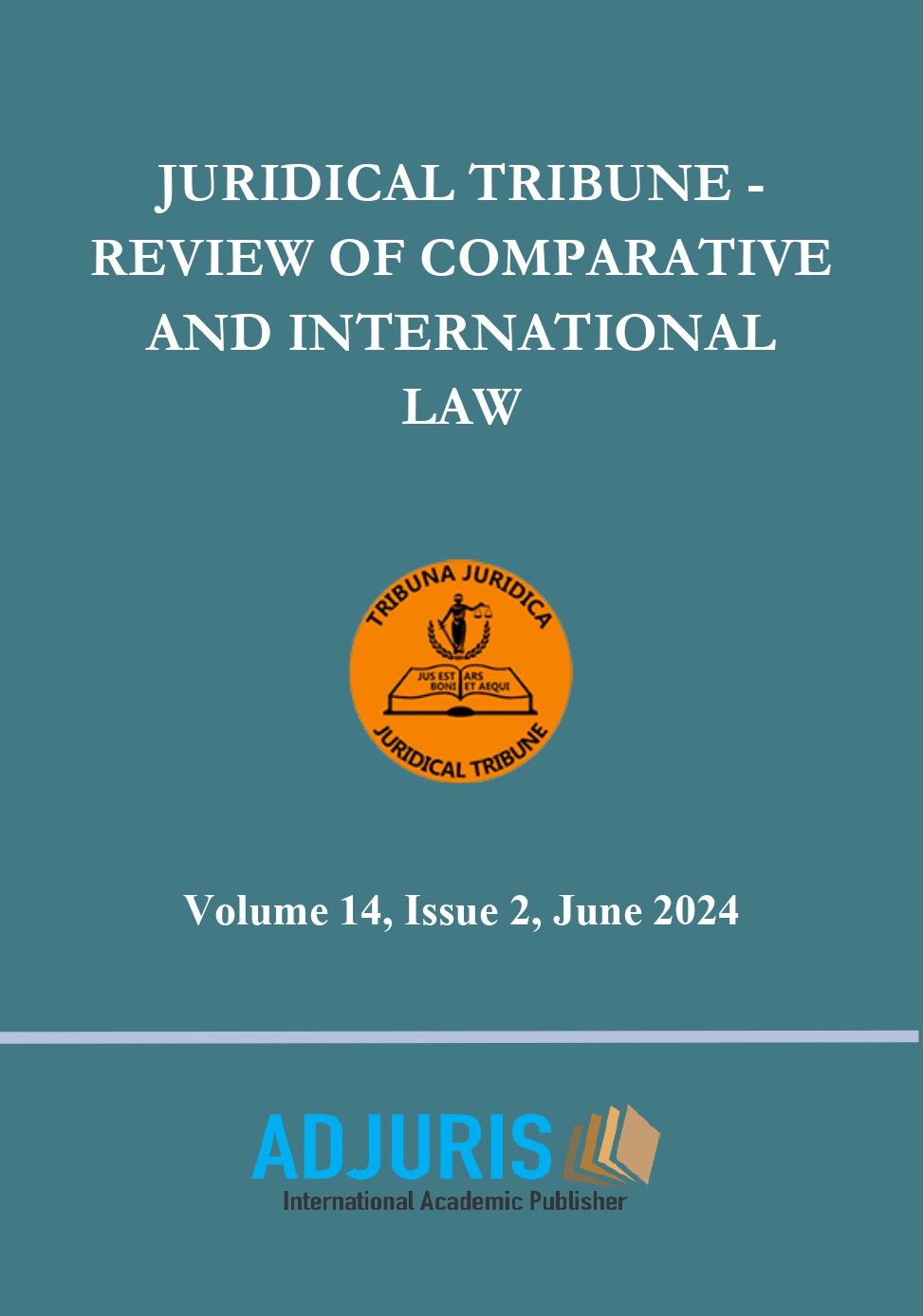Author(s): Ionuț Gabriel DULCINATU / Language(s): English
Issue: 1/2024
Transitional justice, which today has become a widespread and very useful concept, which allows the transition from an authoritarian system to the rule of law, which aims to establish a democratic regime that respects human rights - and what is important not at the level of declarations and applicable methods, but, first of all, this must become the philosophical basis of his daily life. The purpose of transitional justice is to restore the dignity of the victims, to establish mutual trust between the antagonistic groups, to favor the institutional exchange necessary for a new relationship within the population that will allow the establishment of a state of law, including through an effective control of the practice of total or partial impunity. The various constitutive elements of transitional justice generally combine reparative measures of restorative justice (Truth and Reconciliation Commissions), meanwhile establishing parallel mechanisms of punitive justice (especially in relation to the main responsible or direct executors of the most serious crimes). On the other hand, transitional justice claims to reform the institutional system, restoring the primacy of law and ensuring the functioning of judicial institutions for the future, fighting in the meantime against impunity for the crimes committed during the previous period. In this sense, transitional justice pursues a multiple goal within the framework of an end to a conflict, in which other imperatives are imposed on government officials - the disarmament of combatant forces, the restoration of citizens' security, the compensation of victims and the restoration of the economy of devastated societies. After being neglected for a long time, the victim is at the center of current political concerns and is the object of a constantly growing interest, mainly in the criminal field and not in social discourses. But this phenomenon, positive from some aspects, is not without problems and arouses controversial debates among researchers and actors of the criminal world. This imposition of the victim seems to exist not only in the criminal system, but also in the current socio-political terrain. This predominance is observed in many Western states, lately becoming dominant to some extent both in international criminal law and in international humanitarian law, being taken into consideration the burden of victims in the status granted to them in armed conflicts. The participation of victims in the criminal procedure is generally a recent phenomenon, which seems to be far from being accepted. Victims played and play a secondary role in the tribunals previously established by the International Criminal Court (ICC). They were considered only as a means in the de facto absence of a participation or compensation system. Under the influence of strong pressures, the tendency to take into account the opinions and concernsof the victims, including admission in the criminal procedure, became visible in national and international law, and withthe involvement of non-governmental organizations and states, the basis of a system was laid that provides for a relativelybroad participation of victims in ICC trials. Even if its modalities are still the subject of harsh discussions, it is generally recognized that it is an important and useful tool that would allow victims of serious violations of human rights andinternational humanitarian law to be heard and to hope for possible reconciliation. The evolution of the process of increasing interest in victims is the result of political, social and legal tensions that started in the 1960s, with the implementation of state policies regarding victim compensation and the development of victim defense associations, being influenced by the social movement that opted for civil and women's rights. We find that taking the victim into consideration in social and penal policies has progressed in a meteorological manner. National and international investigations allowed taking into account the victims' dissatisfaction with the criminal system, which led to a genuine experience of secondary victimization, which has as a general consequence the tendency of a weak denunciation of the criminal acts to which they were subjected. They also emphasized the diversity and extent of trauma suffered by some victims, especially after going through interpersonal violence, such as rape or family violence. In addition, towards 1950, a new discipline had developed, a component of criminology, but which very quickly became autonomous - victimology. This field of research focuses on the study of the victim, on his psychological and physical reactions to the sustained achievement, but also on his experience of relying on the act of justice and society in general. These various findings gave rise to state structures to help victims, which have spread throughout the world. The victim thus became a political stake.
More...
